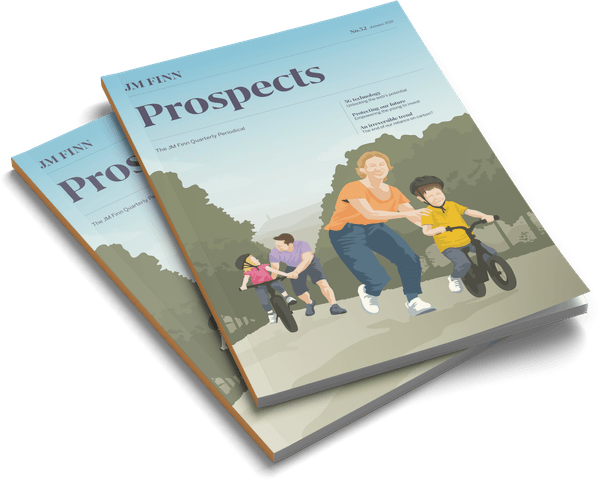In recent years the business has struggled: competition from second hand book sales and book rental schemes has impacted sales, and consumer indifference to switching to e-books from print, has meant that management’s large cost saving plans have not borne fruit.
Covid-19 looks to be an impetus for change for Pearson. Firstly, online learning and remote working has become the new normal. Students that do enrol into tertiary education this year can expect to attend courses which will be, at least in part, taught online. Students may be more willing to buy e-books for their online classes and the forced mind-set shift as much as a convenience shift from Covid-19 could help to fuel Pearson’s digital transformation.
Looking ahead, as we enter recession, the countercyclical nature of Pearson means it should benefit as higher unemployment typically leads to more enrolments into higher education as people try to make themselves more employable. The difference this time is that enrolment is compromised by Covid-19. Enrolment is down c.40% this year with many students opting to defer their places until 2021. We will have to wait to see to what extent this volume drop offsets the cost savings of higher e-book adoption.




